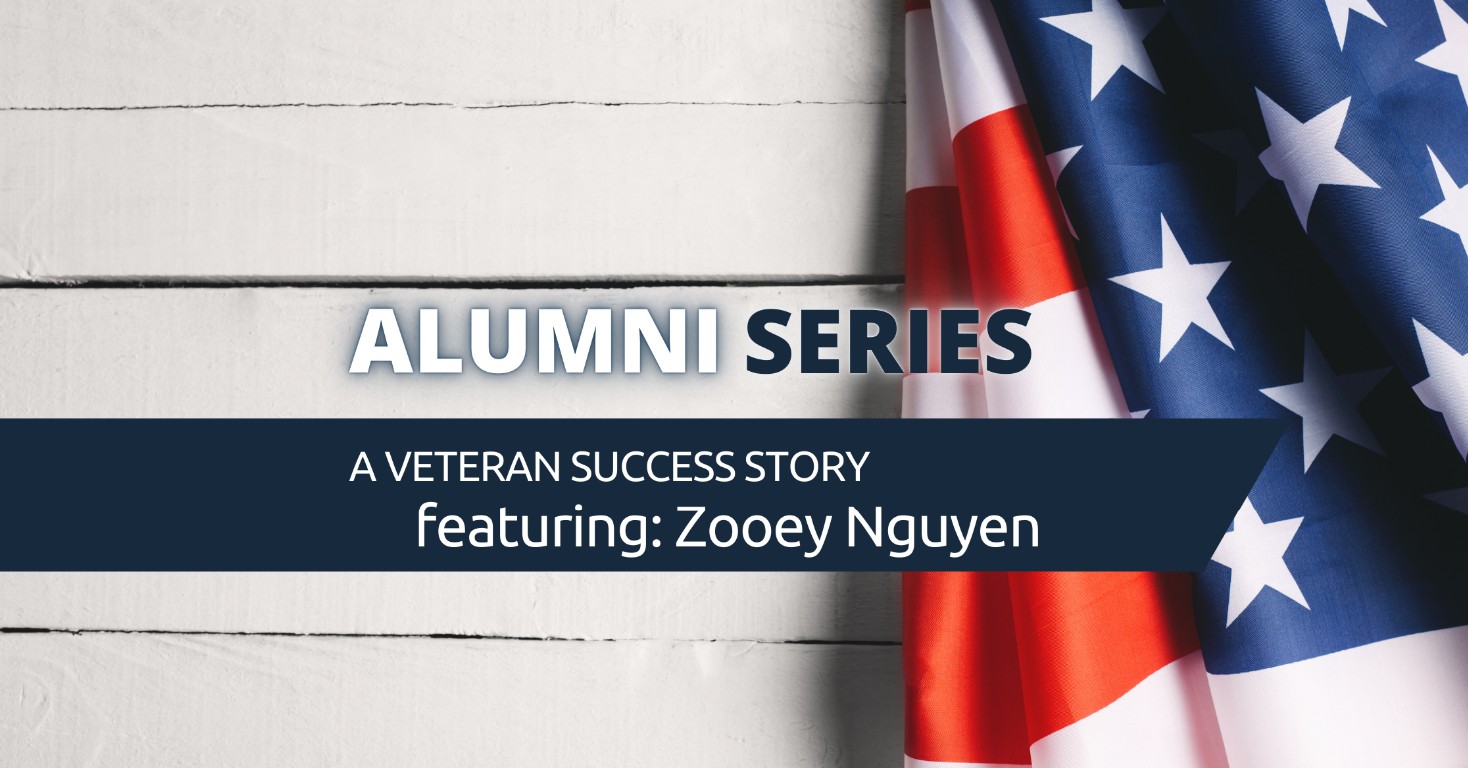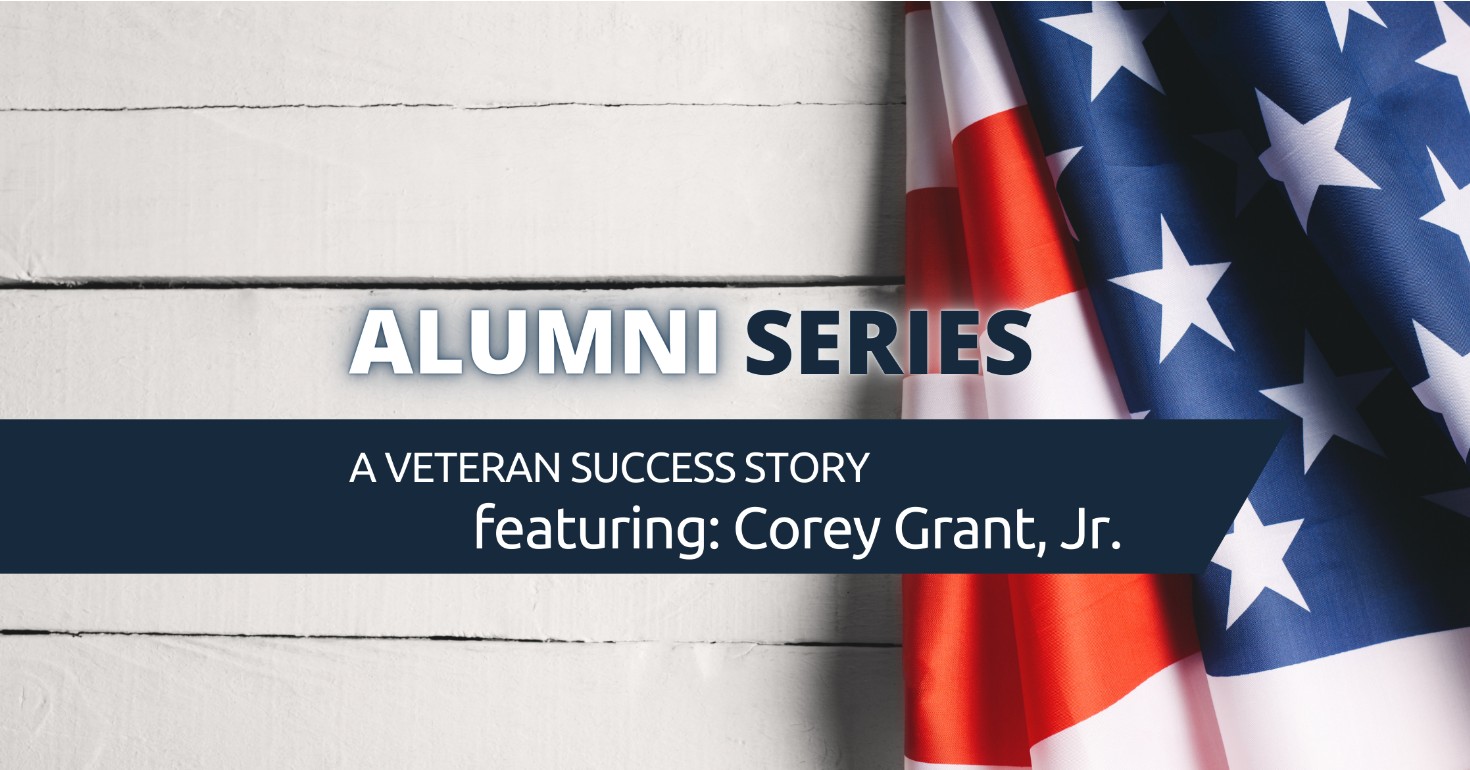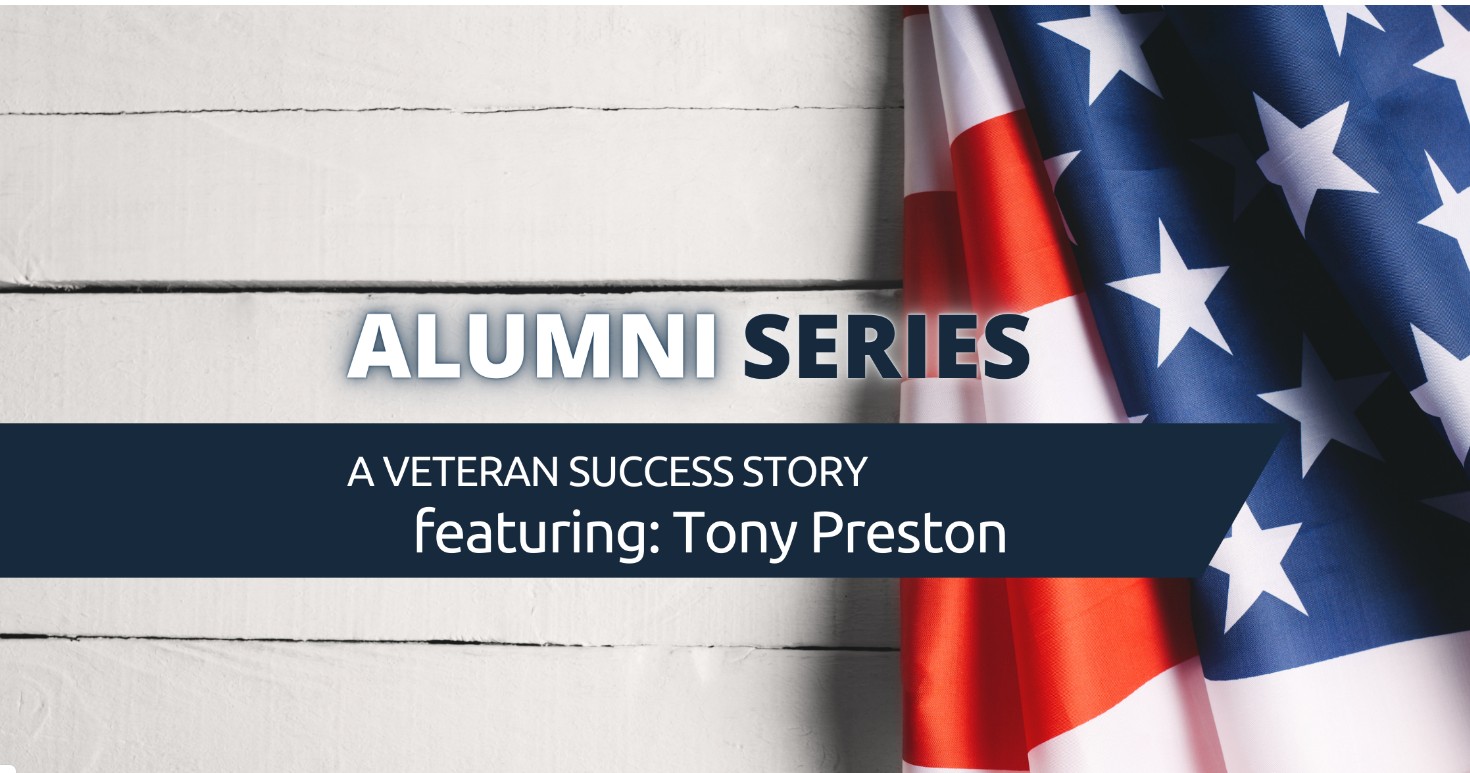
Navigating the IT job market as a veteran? Certifications aren’t just nice-to-haves—they’re your fastest route to interviews, higher pay, and real career momentum. Here’s your 30-second crash course on which IT certifications matter most in 2025—and the smartest ways to land them.
A strategic certification is your ticket to the front of the hiring line—dig into the full article for practical steps and veteran-friendly resources that’ll set your next mission in motion.
Imagine this: over 70% of IT hiring managers now put certified candidates at the top of their callback lists—and for veterans, that one data point can flip your career search from “maybe” to a resounding “let’s talk.”
Shifting from military missions to IT may sound daunting, but here’s the real secret—the skills you gained in service are already laser-aligned with what tech teams need most: troubleshooting under pressure, leading teams, and staying cool when systems go haywire.
Yet there’s a catch: civilian employers can’t always decode military roles and acronyms. And in a tech market that’s obsessed with credentials, the right certification is your instant translator, career validator, and LinkedIn headline magnet—all rolled into one.
So, if you’re wondering which certifications actually move the needle (instead of just padding your resume), you’re in the perfect spot. We’ve sifted through market data, polled recruiters, and checked real veteran success stories to highlight the 6 certs with the strongest payoff for your skills and future-proof jobs.
Here’s what you’ll walk away with:
Whether you’re driven to secure cloud systems, outsmart hackers, manage projects, or troubleshoot networks, there’s a direct line from your service experience to six-figure, flexible IT roles—and the right certification is your launch code.
Ready to see how a strategic credential can become your front-of-the-line ticket? Let’s unpack why certifications matter (and how to use them as a veteran advantage) in the next section.
Landing your first IT job as a veteran can feel like stepping into a new world. Certifications are your “passport” into this high-demand tech landscape, instantly signaling to employers that your skills are current and verified.
Picture this: you’ve pivoted from military communications to cybersecurity, ready to use your knack for risk assessment—certifications like CompTIA Security+ or AWS Solutions Architect give hiring managers instant confidence in your abilities.
Military experience means you already have adaptability, discipline, and problem-solving chops—assets every tech company wants.
Certifications help translate those skills by:
Here’s what’s trending:
“Veterans who certify early report getting interviews and job offers up to 30% faster than non-certified peers”—that’s a stat worth remembering.
Having the right certs doesn’t just open doors; it accelerates your career trajectory:
Veterans often ask:
Reality check: Employers want to see both hands-on experience and a current, recognized certification. It’s a powerful combo—especially for fast-moving fields like cybersecurity and cloud computing.
Certifications make your military skills visible, provide a direct path to “interview ready,” and give you leverage when negotiating salary or job roles.
If you want a practical edge, start with one high-impact certification in your chosen IT field, then stack more as you grow. That’s your launch sequence for a successful tech transition.
The fastest-growing IT career paths for veterans in 2025 focus on cybersecurity, cloud computing, networking, and technical support.
Employers are searching for pros who blend veteran-tested strengths—like discipline, risk management, and troubleshooting—with tech know-how.
If you want to snag the highest-paying, most flexible IT jobs, targeting these domains is your first power move.
Picture this: Cybersecurity job openings outpace talent by over 40% in 2025.
Entry-level roles like security analyst and SOC tech start at $65,000+, but senior pros easily climb past $110,000.
Veteran advantages—
Top credentials include:
“Military discipline and mission focus turn into game-winning moves in cybersecurity teams.”
Everything’s in the cloud—companies are hungry for vets who get distributed operations.
Leading certs:
Cloud careers start around $90,000 and can top $130,000 for cloud architects.
If you thrived managing logistics or comms gear in the field, cloud tech is your digital playground.
Veteran training programs, like AWS Military and MSSA, offer free/discounted pathways and built-in job connections.
These are classic “foot-in-the-door” roles with tons of upside—think $50,000–$80,000+ and constant upskilling.
Military troubleshooting and teamwork skills transition seamlessly to:
Imagine running a help desk or keeping enterprise networks humming—your troubleshooting instincts are worth their weight in gold.
Not all tech jobs are heads-down coding. Lean Six Sigma Green Belt and PMP open doors to:
Real story: A Navy PO crafts seamless project rollouts—Lean Six Sigma lets you put those checklists and efficiency skills on a global stage.
“Vets turn chaos into process. That’s why Six Sigma-certified project leads are hot hires.”
---
Choosing your certification domain isn’t just about picking what’s hot—it’s matching your strengths and history to the career you want. Whether you solve problems, secure digital borders, or drive cloud adoption, veteran DNA is a secret weapon in every high-growth IT field.
What are the top IT certifications veterans should target in 2025? Fast-changing tech roles reward focused credentials—these six open the most doors for military talent. Imagine your next badge as your pass to in-demand jobs with real advancement potential.
Security+ sets the industry standard for breaking into cybersecurity.
Most hiring managers see it as the must-have first step for veterans eyeing roles like:
Love a checklist? Security+ covers real-world threats, compliance, and incident response (think: digital equivalent of situational awareness).
Exam format: 90 questions, $392 fee—often covered by VA benefits or free veteran bootcamps.
Real result: A Marine Corps vet landed a SOC role within 90 days post-cert.
Ready to move up? Certified Information Systems Security Professional (CISSP) is for veterans with:
Titles to expect:
CISSP holders earn 25% more, with average salaries topping $120K.
You’ll need five years’ experience (including some military time), but GI Bill covers exam/training.
“Think of CISSP as your post-military promotion ticket,” says one Army cyber vet.
If you’re driven by tactical thinking and love breaking down systems, Certified Ethical Hacker (CEH) fits.
Common jobs include:
Military crossover: Adversary mindset, “defense-in-depth” parallels.
Veterans score discounts and scholarships for bootcamps; top-rated online courses walk you through simulated cyber “missions.”
Networking is the beating heart of IT. Employers look for veterans certified in:
Go from Help Desk to Network Admin and beyond.
Training is covered by programs like SkillBridge or on-base learning—use VA benefits, compare training costs, and find options that fit your timeline.
With cloud spending up 23% yearly, AWS certs lead the way.
Veterans with distributed ops or architecture skills naturally fit roles such as:
Take advantage of AWS Military programs for free courses, vouchers, and peer support.
A Navy vet described the exam as “mission planning—just in the cloud.”
Not a standard IT cert, but a Green Belt unlocks process roles in IT operations or project management.
Veterans excel thanks to:
Typical jobs: IT Project Manager, Operations Lead.
Pair with an IT cert for a powerful career combo.
Veterans who stack any two of these certs often see 40% faster job search results and land roles with $10K+ higher starting salaries. The right certification is your career launchpad—find the one that fits your background and kick off your next mission.
Picture this: You’re poised to choose your first IT certification, but the options feel endless. Start with a practical self-assessment—the “three lens” approach works wonders for veterans aiming to make the smartest move in 2025.
Ask yourself:
A cybersecurity analyst, for example, can start at $65,000+ with the right baseline cert, while cloud architects may top $90,000—even at entry level.
The classic questions:
The answer: Stacked credentials offer both resilience and opportunity.
Nearly 60% of IT pros now hold multiple certifications to protect against rapidly shifting job markets.
Keep these frontline factors in mind:
Meet Alex, a Navy veteran who used SkillBridge to stack Security+ and AWS Solutions Architect—landing a cloud security role within six months, earning $20,000 more than his previous position.
Or picture Jamie, who combined a Google IT Support Certificate with Lean Six Sigma, and found herself fast-tracked to IT operations management—proving the right combo is a career launchpad.
The fastest way to IT career success is picking a cert that matches your real skills, goals, and local demand—and stacking where you can for maximum career insurance. Vet programs and employer demand change every year, so keep your strategy flexible and take advantage of resources designed just for veterans.
Mapping your IT certification budget can feel overwhelming—especially when every dollar counts as you transition from military to civilian life.
The good news: Veterans have access to an entire ecosystem of programs that can slash exam fees, cover training costs, and offer major discounts.
Let’s break down the numbers: Most IT certification exams range from $150 (CompTIA A+) to $700+ (CISSP, CEH). Training materials and bootcamps may add $100 to $2,500 depending on format and support.
You can often use the GI Bill to pay for tuition, fees, and sometimes even housing during your studies.
Consider these high-impact options:
"Think of these benefits as your ‘financial rucksack’—packed with options for wherever your career path leads."
Job-ready in just weeks? Picture this: You’re training with peers through these veteran-focused, employer-supported programs:
Ready to see results? AWS and Google report placement rates over 80% for veteran trainees who complete their certification pipelines.
Stack your training arsenal with no-cost resources by targeting:
Network to win: Join LinkedIn groups, Discord servers, and Slack communities focused on veterans in IT to catch word of “flash” discounts, study groups, and free bootcamp seats.
Every vet has different needs—compare costs, benefits, and time-to-career from all sides:
The smartest move: Use your status as a veteran to unlock free or nearly-free certification routes and tap both government and private programs. Your network and your benefits are your biggest assets—don’t leave unclaimed opportunities on the table.
Landing your first IT job as a veteran can be dramatically quicker when you use your IT certification as a launchpad. Employers want to see proof you’re both knowledgeable and proactive—your credential does both, especially when you spotlight it the right way.
A well-crafted resume is your marketing billboard.
“An IT certification on your resume says: I’m ready now, not someday.” Picture this: a recruiter spends less than 6 seconds per resume—make every word count.
LinkedIn is your digital handshake.
Share a short post about earning your certification; it can spark direct messages with recruiters within days. “Your LinkedIn post can do more networking for you in 24 hours than a year of cold emails.”
When interviewers ask about your background, bridge the gap:
Veterans with certs often skip entry-level queues entirely. “Employers respect practical experience paired with a current credential—it’s your double advantage.”
Veterans who:
…tend to land jobs weeks or months sooner and advance faster. Staying active in these circles keeps you informed and opens doors to hidden opportunities.
Your certification isn’t just a piece of paper—it’s a “front-of-the-line” ticket to IT interviews, visibility, and an ongoing support network. If you want hiring managers to see you, not just your resume, lead with your cert and tap into every veteran resource available.
Transitioning into IT as a veteran opens up more than new job prospects—it’s a chance to channel your training, discipline, and unique skills into a future-proof career. Certifications aren’t just credentials—they’re your launchpad to roles where your experience stands out and your potential accelerates.
Right now, the tech industry is actively searching for professionals like you—driven, adaptable, and proven under pressure. By choosing and stacking the right certifications, you’re giving yourself the competitive edge most civilian candidates only dream of.
Key Takeaways to Launch Your IT Career:
---
Immediate Next Steps for Momentum:
Your military journey already proved you can solve big problems—now it’s time to apply those skills to the fastest-growing fields in tech.
Don’t wait for permission to pursue your next mission. The IT world values what you uniquely bring—grab your cert, claim your advantage, and start building your future today.
"Your next badge isn’t just a credential—it’s your passport to a career where you set the terms."
.png)
We're a worldwide community for online learning and teaching where anybody can acquire new skills and accomplish their objectives by connecting with others. We are dedicated to making a positive difference in the future of education.


